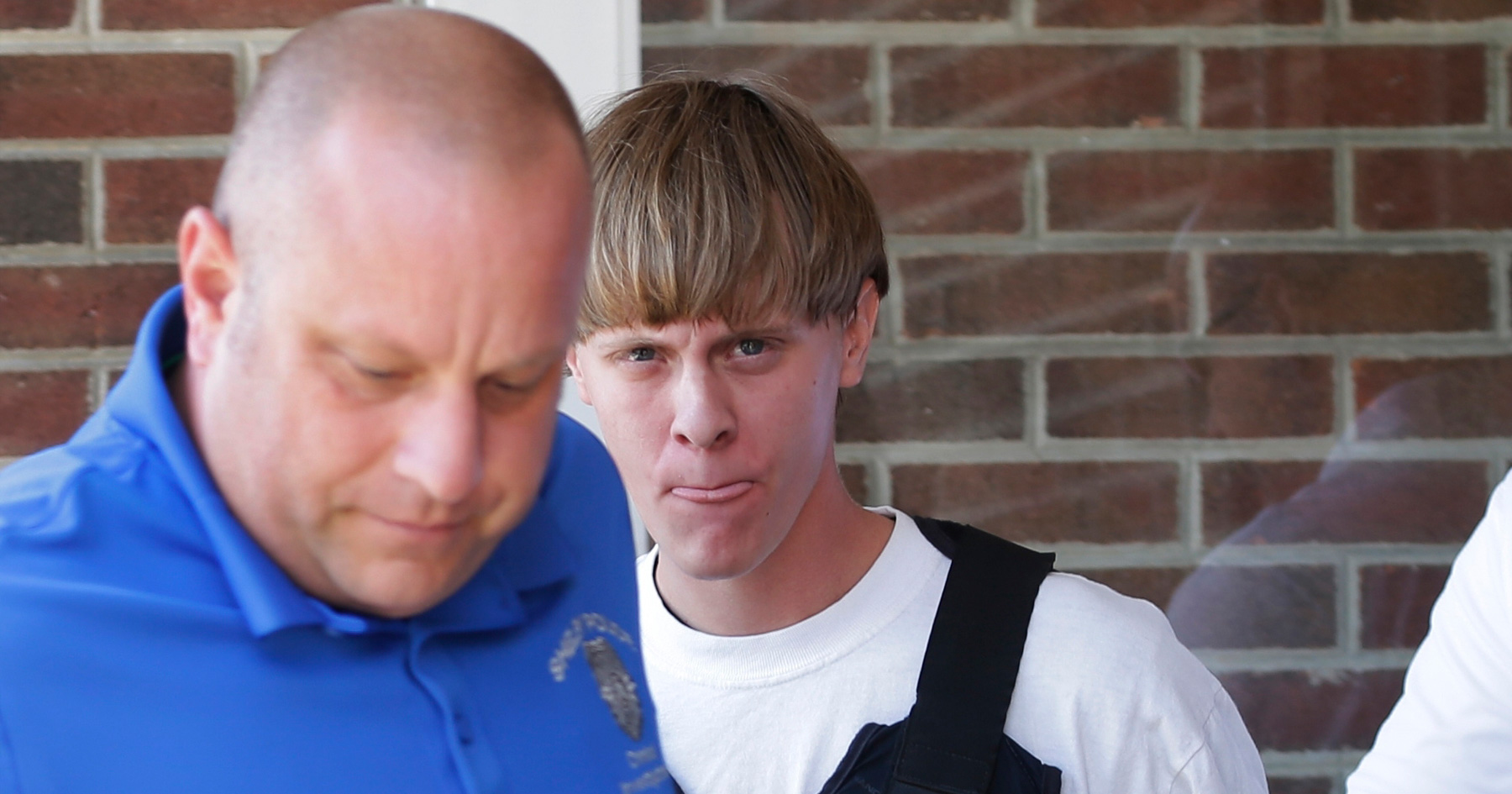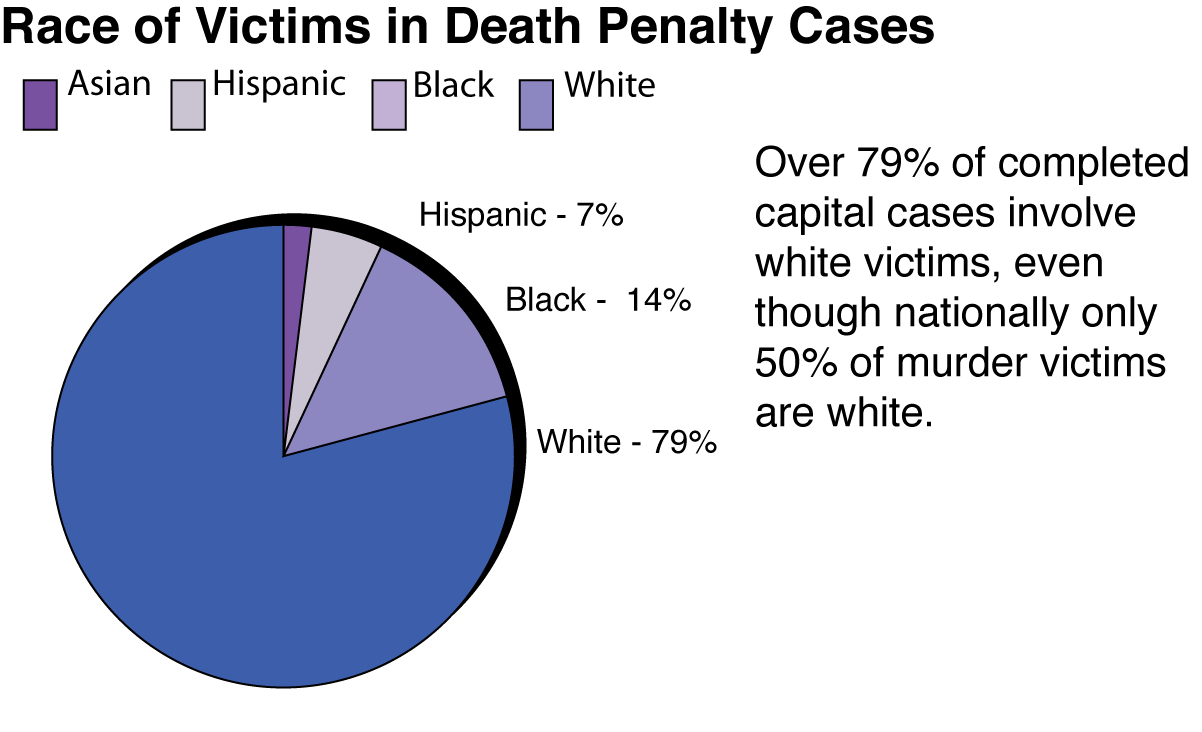Why This Passage From Ta-Nehisi Coates Is Going Viral

By:
Dylann Roof, a white supremacist unapologetically confessed to killing of nine members of a historically black church in South Carolina in 2015, was sentenced to death on Tuesday after being found guilty on 33 counts fo federal hate crimes. While the verdict was heralded as a victory for some seeking justice for Roof's abhorrent crime, others used the verdict to reaffirm their opposition to capital punishment.
Following the verdict, a May 2016 passage from The Atlantic's Ta-Nehisi Coates, who expressed opposition to capital punishment for Roof, began to circulate social media.
 AP Photo/Chuck Burton - apimages.com
AP Photo/Chuck Burton - apimages.com
Coates wrote that executing Roof ignored the social conditions that influenced his racism and served only to perpetuate a system that disproportionately affects black people.
Here's the full passage:
"Moreover, killing Roof does absolutely nothing to ameliorate the conditions that brought him into being in the first place. The hammer of criminal justice is the preferred tool of a society that has run out of ideas. In this sense, Roof is little more than a human sacrifice to The Gods of Doing Nothing. Leave aside actual substantive policy. In a country where unapologetic slaveholders and regressive white supremacists still, at this late date, adorn our state capitals and our highest institutions of learning, it is bizarre to kill a man who acted in their spirit. And killing Roof, like the business of the capital punishment itself, ensures that innocent people will be executed. The need to extract vengeance cannot always be exact. It is all but certain that a disproportionate number of those who pay for this lack of precision will not look like Dylann Roof."
Roof or no Roof, the Confederate flag and the racist sentiment that it's come to represent still waves high throughout parts of South Carolina. There are still more than 190 active chapters of the Ku Klux Klan in the U.S., with as many as 8,000 members, according to the Southern Poverty Law Center. White nationalism didn't start with Roof — and it won't die with him, either, Coates argued.
Policies aimed at resolving racial injustices would be more effective if they helped those targeted by hate groups.
Shelving the death penalty is one such policy, ACLU deputy legal director Jeffery Robinson wrote in a November 2016 op-ed for Time.
"[T]he racism that has marred our country’s development since its beginnings is inextricable from the death penalty," Robinson wrote. "Every credible study evaluating race and capital punishment in America has shown the same thing: The death penalty is not reserved for the worst of the worst, but mostly for black and brown people convicted of killing white people. None of this is surprising given our history of segregation and lynching."
 Death Penalty Information Center - deathpenaltyinfo.org
Death Penalty Information Center - deathpenaltyinfo.org
Since 1976, black people have accounted for an average of 43 percent of executions in America; 55 percent of those currently on death row are also black. Additionally, about 80 percent of death penalty cases involved white victims — despite that fact that just 50 percent of murder victims were white, the ACLU found.
In that respect, Roof's sentence is an inversion of the norm, but not a solution.
